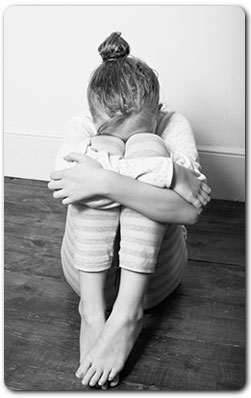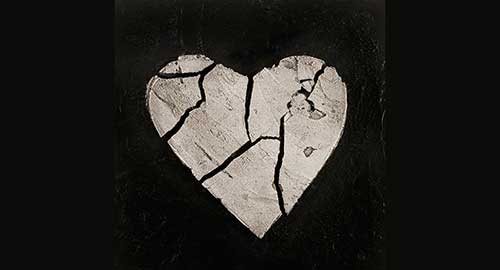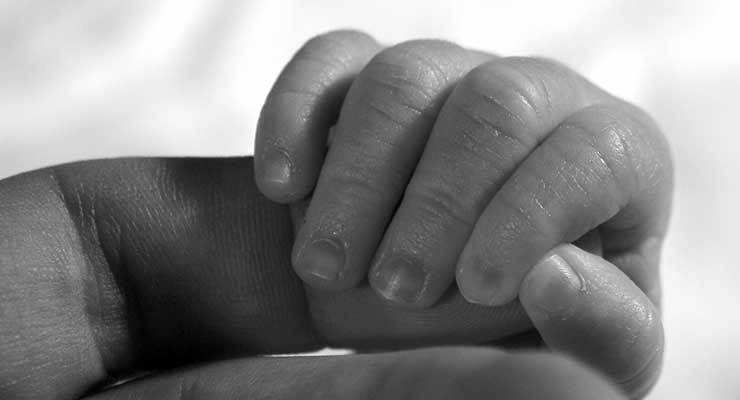With the shocking news that 1400 children are thought to have been abused in Rotherham we discuss Scotland’s systems – can they prevent a similar scandal here?
 Few can have escaped the shocking news that some 1400 children are thought to have been abused in Rotherham between 1997 and 2013. Apparently 30% of the victims were already known to social services.
Few can have escaped the shocking news that some 1400 children are thought to have been abused in Rotherham between 1997 and 2013. Apparently 30% of the victims were already known to social services.
In Scotland, unlike in the other parts of the United Kingdom, we have the Children’s Hearings system. Children’s Hearings are conducted by a Reporter. The Reporter is independent of the Social Work Department. One of the Reporter’s roles is to decide whether or not to refer a particular child to a Children’s Hearing. A child will be referred if it is felt that compulsory measures of care are required to protect that child from risk. The Reporter receives and considers referrals for children. Referrals can be made for a variety of reasons and by a variety of agencies (for example Social Work, Education, Police and the Courts) and in respect of a variety of concerns about children. For example:-
- If the child is thought to be suffering from lack of parental care
- If a child has failed without reasonable excuse to attend school
- If a child is in a household with another person who has offended against a child
- If the child has committed an offence
- If the child has abused drink or drugs
A child failing to attend school without reasonable excuse can often be a sign of underlying problems. Similarly, children coming to the attention of authorities because of alcohol and drug abuse can flag up underlying issues. It is to be hoped that with our unique Children’s Hearing system early and independent intervention with children at risk plays a pivotal part in avoiding the wide scale abuse that has obviously been prevalent in Rotherham.
The membership of the Children’s Hearing panel, is made up of lay people, and this brings a wide breadth and depth of social knowledge and experience to the hearing system and it is hoped will lead to informed and sensible decisions being made for children. The panel members are independent of the Reporter and of the Social Work Department. It is hoped that this additional layer of independence will again provide a level of objectivity that will help to avoid what appears to have been large-scale child abuse, for our children in Scotland.
In a further move to try to improve the outcomes for children, the Scottish Government have recently passed the Children and Young People (Scotland) Act 2014, which provides for the introduction of a “named person” to promote the wellbeing of every child in Scotland between birth and 18 years. The named person, who will probably come from the fields of health and education, will be, among other things a point of contact for other agencies wishing information about a particular child and will help that child access appropriate services. The idea is to get service provision right for all children in Scotland, and to achieve earlier and joined up intervention. The risk is that failings might be perpetuated if the service provision is not regularly and independently scrutinised. It is anticipated that the statutory duties will come into force sometime in 2016.






